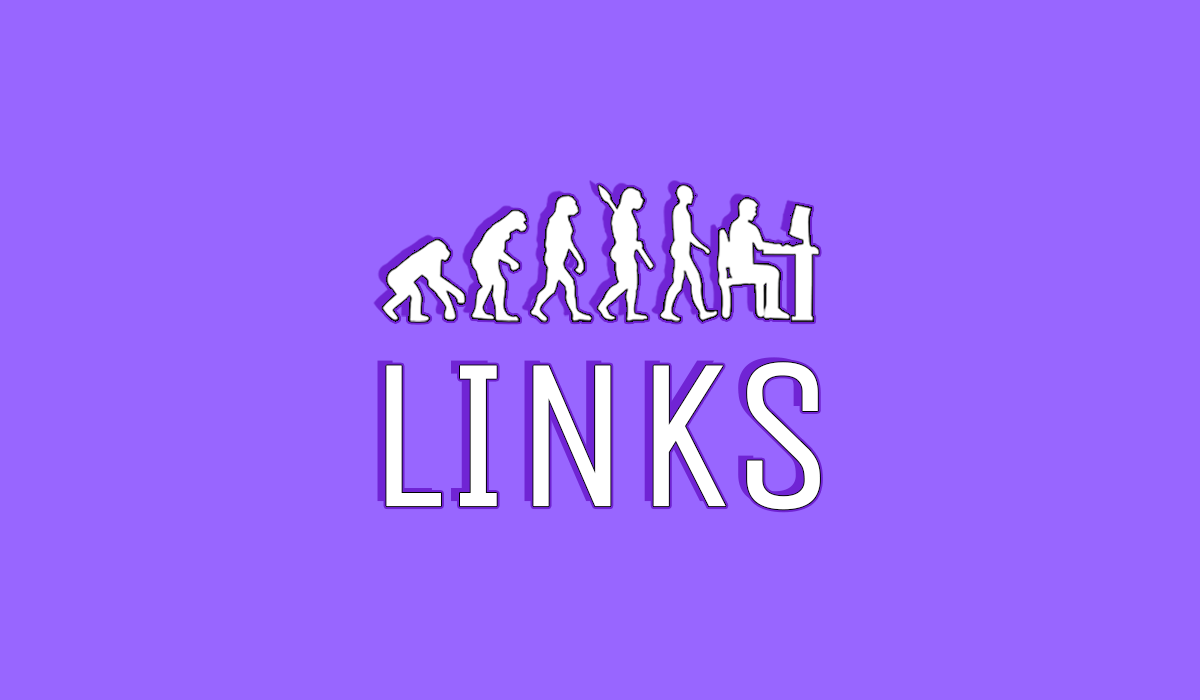LINKS - April 13th, 2022
Welcome to LINKS — my attempt to provide Rhapsody readers with five interesting stories that tell us something about what it means to be human. LINKS is published every Wednesday. Have a link you want to share? Drop it in the comments.
Unlike Us, Ancient Societies Knew What to Do With Their Outdated Monuments
“As I found while researching my book, Smashing Statues: The Rise and Fall of American Monuments, most of the more than 200 public monuments taken down after the death of George Floyd in the summer of 2020 are still sitting in storage, while we argue about whether they should stay hidden or be put back up. But I’m a classicist. If there’s anything the ancient world can teach us, it’s that we’re not thinking big enough when it comes to disposing of our surplus statuary.”
Monkeys can sense their own heartbeats, an ability tied to mental health, consciousness and memory in humans
By Joey Charbonneau & Eliza Bliss-Moreau, The Conversation
“Sensing one’s own physiological states – like your heartbeat, breathing or blushing cheeks – is called interoception. Some previous research has shown that animals can be trained to do tasks that demonstrate this ability. Decades ago, a team of scientists showed rhesus monkeys could be trained to increase and decrease their heart rates. But an open question has been whether monkeys have an unlearned ability to sense their bodily signals rather than being taught to do so.”
The Challenges of Being an Empath
By Teyhou Smyth, Psychology Today
“People on the highest end of the empathy scale sometimes experience a lot of difficulty as a result of their ability to feel for others. Being empathic is a gift in many ways, but too much of a good thing, in this case, can cause a lot of distress.”
Science Finally Has a Good Idea about Why We Stutter
By Karen Hopkin, Scientific American
“Now, studying a neurocomputational model of this complex process, researchers have found that stuttering stems from a glitch in the neural circuit that initiates speech. They presented their findings at the Meeting of the Acoustical Society of America. [F. Guenther et al., Stuttering Starts at Speech Initiation, Not Due to Impaired Motor Skills]”
Record-breaking simulation hints at how climate shaped human migration
By Freda Kreier, Nature
“The finding is one of many to come out of the largest model so far to investigate how changes in Earth’s movement have influenced climate and human evolution, published in Nature today. “This is another brick in the wall to support the role of climate in shaping human ancestry,” says Peter de Menocal, director of the Woods Hole Oceanographic Institution in Falmouth, Massachusetts.”




